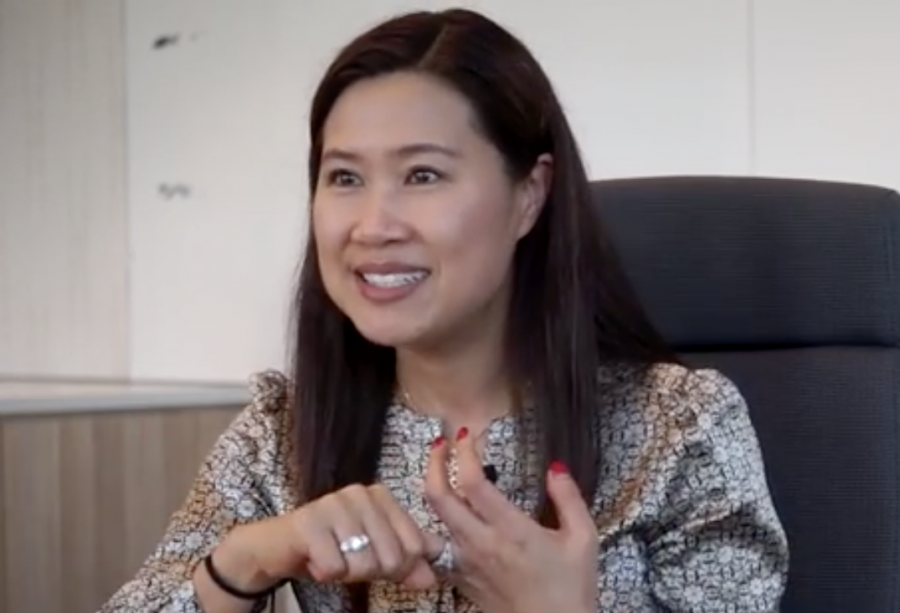If Australia wants investment in new manufacturing it must pro-actively make the case, says AstraZeneca's global head of operations and IT.
Ms Cheng, who oversees one of the world's largest networks of advanced manufacturing facilities, spoke with PharmaDispatch during a recent trip to Australia.
AstraZeneca's North Ryde manufacturing facility has expanded in recent years on the back of investment to significantly increase its capacity to meet rising demand, mainly from China, for respiratory therapy Pulmicort Respules.
The company announced an additional $100 million investment in the facility last year. The investment will see the company add three production lines to the existing eight. Each production line can produce 70 million units per year. The lines are designed and manufactured by Melbourne-based Andrew Donald Design Engineering.
The facility has a long history as one of the small number funded by the federal government under the 'Factor F' program. The program ran from 1988 to 1999.
According to Ms Cheng, many people across industry question why the company maintains manufacturing in Australia, let alone continues to invest in its expansion making it one of the largest in AstraZeneca's global network with around 500 employees.
She told PharmaDispatch the company's ongoing commitment to Australian manufacturing reflects the strength of its competitive advantages, including the quality of its workforce, ability to innovate and technological capability.
Ms Cheng, who joined AstraZeneca in 2015 from MSD, is overseeing a dramatic transformation in the company's manufacturing infrastructure as it evolves its pipeline and in-market products from a focus on small molecule medicines to biologics.
She said it takes six years from 'greenfield' to construct a modern pharmaceuticals manufacturing facility.
On the potential for Australia to compete for and even secure investment in new manufacturing infrastructure, she said it would "be tough" but not impossible, pointing to the need for governments to pro-actively make the case.
Ms Cheng said she manages the company's US$1 billion annual investment in new manufacturing infrastructure and there is no reason why Australia could not compete for it. However, she highlighted current taxation levels as an issue, a point also made last year by the company's global CEO Pascal Soriot, and the need for Australian governments to recognise the extent to which countries around the world are willing to compete for investment.

